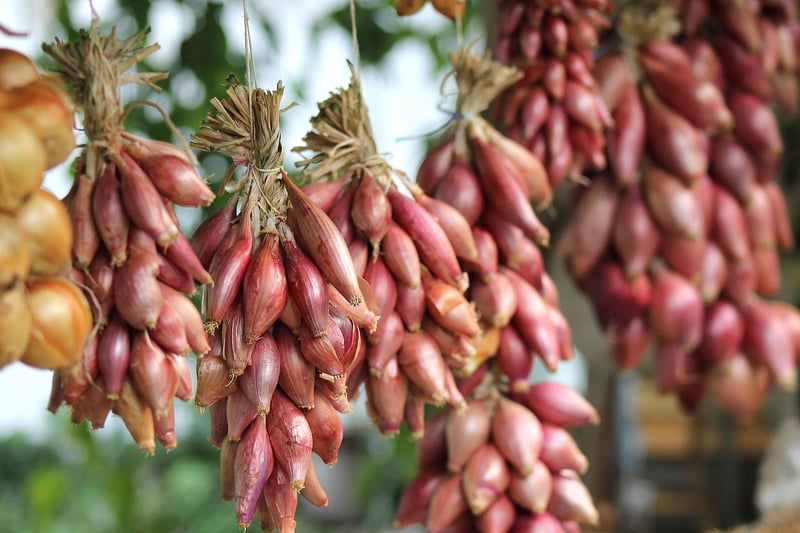Pest Control
Keeping Your Garden Healthy: The Ultimate Guide to Pest Control
Welcome to our comprehensive guide on how to keep your garden healthy and thriving by effectively managing pests. A beautiful and bountiful garden requires proper care and attention, especially when it comes to pest control. By following the tips and strategies outlined below, you can ensure that your garden remains pest-free and in top condition.
1. Identify Common Garden Pests
Before you can effectively control pests in your garden, you need to be able to identify them. Common garden pests include aphids, snails, slugs, caterpillars, and beetles. By recognizing the signs of pest damage, such as chewed leaves or yellowing plants, you can take appropriate action.
2. Implement Natural Pest Control Methods
One of the best ways to keep pests at bay is by using natural pest control methods. These can include introducing beneficial insects like ladybugs or lacewings, using neem oil or insecticidal soap, and planting pest-repelling plants like marigolds or garlic.
3. Practice Good Garden Hygiene
Keeping your garden clean and tidy is essential for preventing pest infestations. Remove weeds regularly, clean up debris, and avoid overwatering, as standing water can attract pests. By maintaining good garden hygiene, you can create an environment that is less hospitable to pests.
4. Use Physical Barriers
For certain pests, such as birds or rabbits, physical barriers can be highly effective. Consider installing fences, netting, or row covers to protect your plants from these larger pests. Additionally, placing copper tape around planters can deter slugs and snails.
5. Rotate Crops and Companion Plant
Rotating your crops each season can help prevent the buildup of pest populations in the soil. Additionally, planting certain crops together can provide natural pest control benefits. For example, planting basil near tomatoes can help repel pests that commonly affect tomato plants.
6. Regularly Inspect Your Plants
Make it a habit to regularly inspect your plants for signs of pest damage. By catching pest infestations early, you can take swift action to prevent further damage. Remove affected leaves or plants, and consider using traps or barriers to protect vulnerable plants.
7. Seek Professional Help When Needed
If you are facing a severe pest infestation that you are unable to control on your own, don't hesitate to seek professional help. Pest control experts can provide targeted solutions to eradicate pests while minimizing harm to beneficial insects and plants.
Conclusion
By following these tips and strategies for pest control in your garden, you can maintain a healthy and thriving outdoor space. Remember that prevention is key, so stay vigilant and take proactive measures to keep pests at bay. With proper care and attention, you can enjoy a beautiful garden that is free from destructive pests.

For more information on gardening and pest control, check out our comprehensive guide on the topic.
